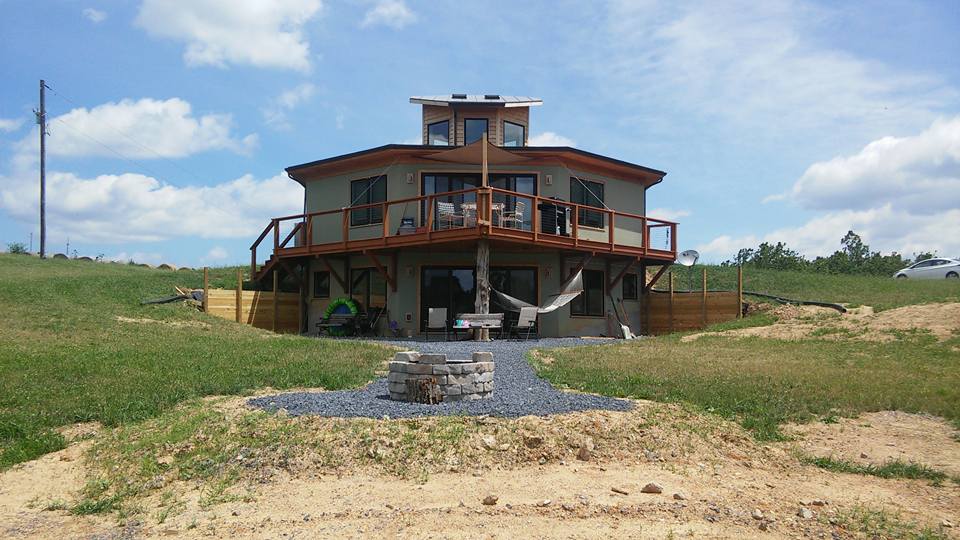Overview
Energy efficiency represents the least expensive means by which to reduce energy consumption on every scale, and it is especially easy to practice energy efficiency at a residential level. Here are some guidelines that have the potential to save energy and money.
- Consider hiring a local business to conduct a home energy audit. This is an important first step toward improving the comfort and efficiency of one’s home. It is sometimes referred to as a home energy assessment.
- An energy audit will result in recommendation such as to weatherize one’s home which may include such measures as to seal openings where air can leak into or out of a home, insulating, or replacing light bulbs.
- When buying a new appliance, look for the ENERGY STAR and EnergyGuide labels that enable one to compare operating efficiencies and energy consumption.
- Design a new home for efficiency. Energy-efficient designs and features such as landscaping, windows, passive solar, and cool roofs can save energy and money while appealing to one’s aesthetic.
- Your power provider may offer you the option to purchase renewable electricity or you may consider installing a renewable energy system at your home.
Our Involvement
At the Center for the Advancement of Sustainable Energy we make efforts daily to be reduce our energy consumption associated with normal, everyday activities, by turning off computers and lights while not in use. The executive director and director of our office designed their own homes to be highly energy-efficient and to reduce environmental impacts. Both of their homes employ passive heating and cooling design, construction methods that reduce materials and waste, and enjoy significantly reduced energy bills as a result.

